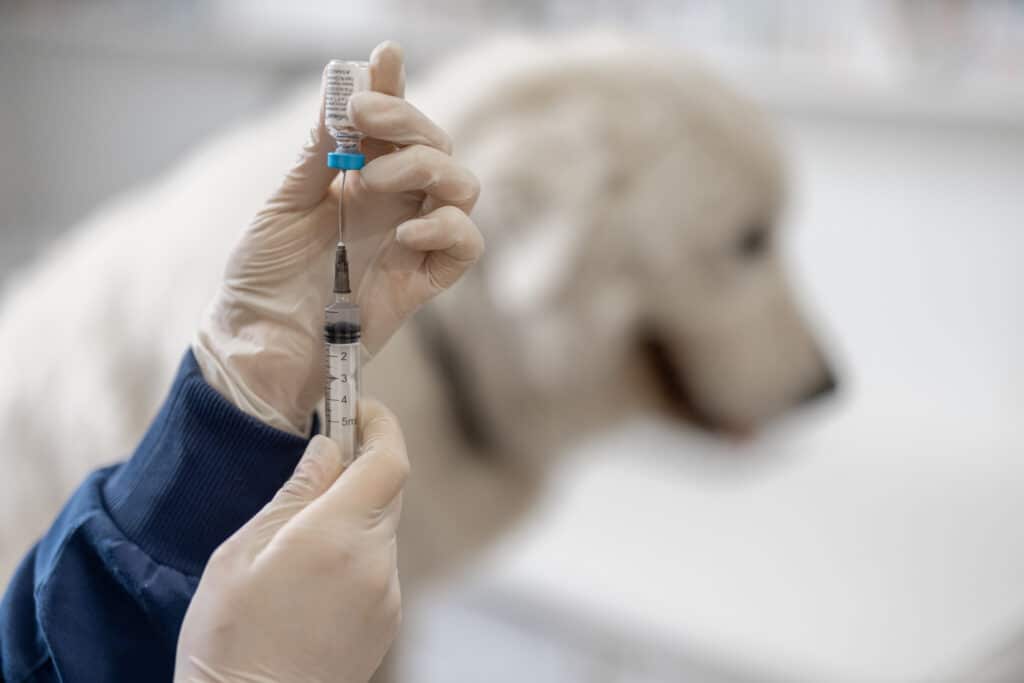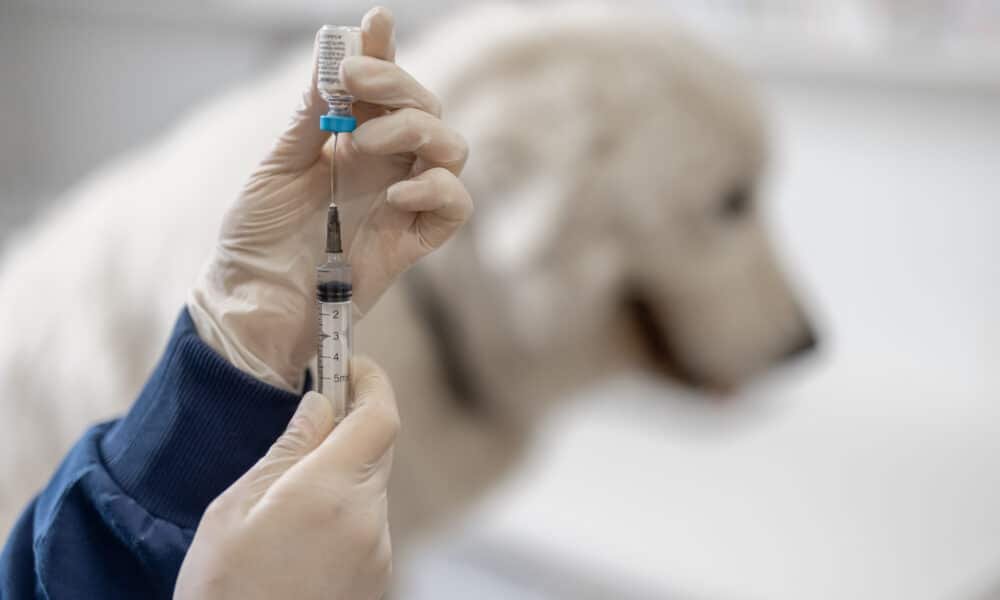A recent study, published in the medical journal Vaccine, revealed that over half of dog owners in the United States are increasingly doubtful about the efficacy of canine vaccines.
The study, which was published on Saturday, August 26, surveyed 2,200 individuals about their perceptions of routine canine vaccines, particularly rabies vaccines.
Surprisingly, 53% of the participants exhibited what the researchers termed Canine Vaccine Hesitancy (CVH), defined as “dog owners’ skepticism regarding the safety and effectiveness of administering routine vaccinations to their dogs.”
These participants believe that canine vaccines are either unsafe, ineffective, and/or unnecessary.
Furthermore, 37% expressed concerns that canine vaccines could potentially cause autism in their dogs, despite the lack of scientific evidence supporting this theory.
In an interview with USA Today, researchers Matt and Gabrielle Motta, along with Dominik Stecula, expressed their surprise at the findings.
Matt Motta, a political scientist and researcher at Boston University’s School of Public Health, stated, “The sheer number of individuals holding these beliefs was quite striking… that, in my opinion, is quite concerning.”
Motta also suggested that the perception of vaccinations, influenced by the COVID-19 vaccine, may be impacting attitudes towards vaccinating pets and other aspects of public health.


On the other hand, Gabriella Motta, a board-certified veterinarian, suggested that the reluctance to vaccinate stems from pet owners’ love for their dogs and their lack of experience with the diseases that these vaccines prevent.
Motta explained, “When owners question the vaccine, it comes from a place of genuine concern for their pets, not wanting them to be at risk of unnecessary side effects.”
She emphasized the importance of maintaining high vaccination rates within the population to prevent the spread of diseases like rabies.
The researchers highlighted the challenges posed by CVH, warning that a decrease in vaccination rates could lead to increased risks of infectious disease transmission in both canine and human populations.
According to the World Health Organization, dogs are responsible for the majority of human rabies deaths worldwide, underscoring the critical role of vaccination in preventing the spread of this viral disease.

